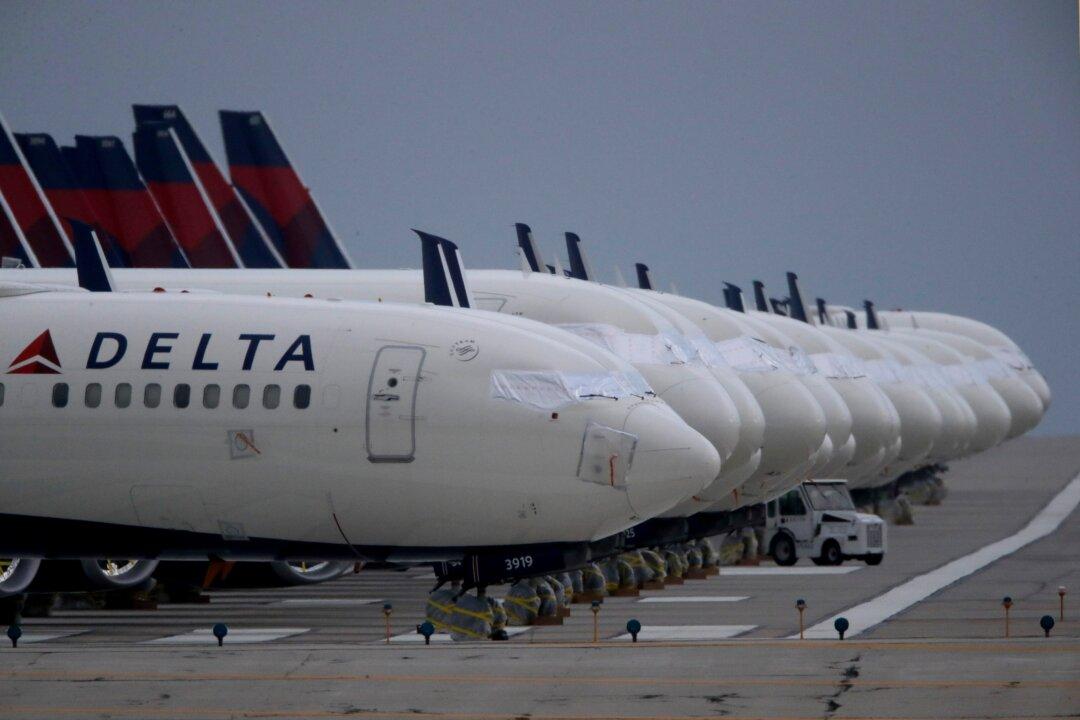CHICAGO—Delta Air Lines Inc. on Thursday reported higher quarterly earnings on the back of strong holiday travel demand, but warned of a loss in the quarter through March due to turbulence caused by the Omicron coronavirus variant.
“Despite expectations for a loss in the March quarter, we remain positioned to generate a healthy profit in the June, September, and December quarters, resulting in a meaningful profit in 2022,” Dan Janki, Delta’s chief financial officer, said in a statement.





